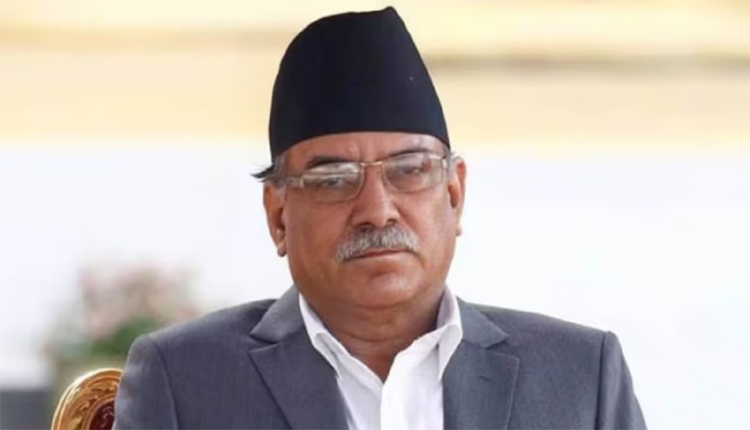New Delhi: In a new jolt to the CPN UML party-led government, Education Minister Vidya Devi Bhatta has resigned her post. Bhatta, who has been disenchanted with the ongoing teachers movement across the country, said the lack of support from Prime Minister KP Sharma Oli was the main reason for her stepping down. Reports suggested that Bhatta was annoyed with Oli’s “dictatorial” style of leadership and felt neglected in matters related to education.
Nepali newspaper Kantipur said Bhatta decided to resign due to a continued dissatisfaction with issues handled by Prime Minister Oli, which included several important matters about education. She told the heads of state that she had been sidelined on major education reforms and had “no moral authority” to stay in her post.
Bhatta’s resignation is a significant blow for the embattled Oli, whose hold on power has come under increasing threat since the royalist movement gained significant visibility and relevance in Nepal. In 2024, Oli became Prime Minister by forming a coalition in which the Nepali Congress was the senior party in the bloc. The Nepali Congress wants to regroup and occupy the seat of Prime Minister for itself.
Pushpa Kamal Dahal “Prachanda”, Oli’s most formidable rival, has now backed the Nepali Congress in its attempt to forge a new government. The leader of the Communist Party of Nepal (Maoist Centre), Prachanda, has assured that the Congress will have his party’s unconditional support if they go to form the government. This possible tie-up of Prachanda and the Nepali Congress is what can make a government in Nepal.
Nepali Congress CWC meeting President Sher Bahadur Deuba has convened a high-level meeting of the Nepali Congress for April 30 to talk additionally regarding the state of affairs. This meeting’s outcome could be vital in deciding the fate of the standing administration. At the same time, opposition groups within Oli’s own party are emerging, headed by former President Bidya Devi Bhandari.
This will solidify the opposition’s stance, as Bhatta is one of the most powerful people in the country. Her husband is a former member of parliament from Kaski in Pokhara, and Bhatta herself was elected from there.
It all now comes down to the political arithmetic in the 275-member House of Representatives of Nepal. You can only govern with a majority of at least 138 members in the legislature. Oli’s CPN UML party has 79 seats as compared to 88 for the Nepali Congress. Madhav Nepal’s faction opposing Oli has 10 seats, while Prachanda’s Maoist Centre has 32 seats. Even smaller parties like the Ravi Lamichhane-led Rastriya Swatantra Party (RSP) bagged 21 seats. The Nepali Congress is in an alliance with Upendra Yadav’s party, which has 7 seats.
Political wrangling over who will run Nepal’s government continues. With the opposition gaining strength on the ground and Bhatta resigning from the party, it is being said that the end of Oli’s reign is coming.



Comments are closed.